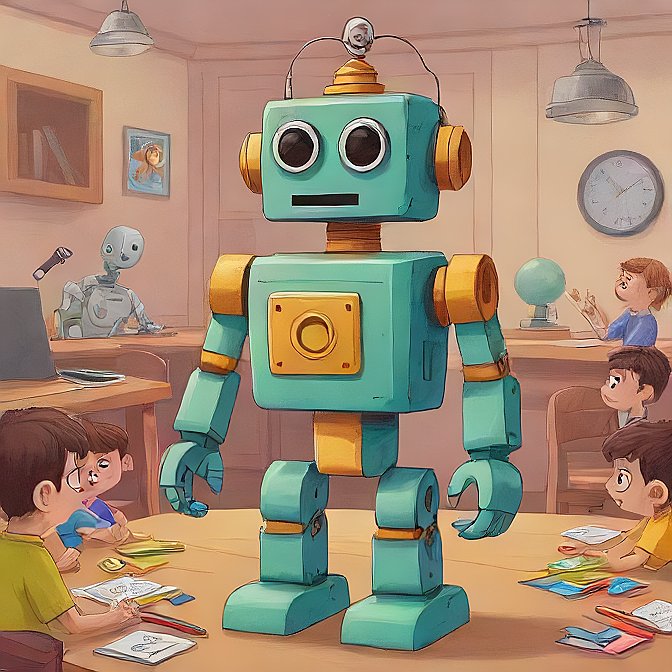
Artificial Intelligence (AI) is revolutionizing industries, increasing efficiency, and reducing operational costs. However, one of its most significant consequences is job displacement. As AI-powered automation takes over tasks previously handled by humans, millions of workers face the risk of unemployment.
How AI is Replacing Human Jobs
AI-driven automation is advancing rapidly, affecting multiple industries. Some of the key ways AI is replacing human labor include:
1. AI in Customer Service
- AI chatbots and virtual assistants handle customer inquiries without human intervention.
- Companies like Amazon and banks use AI for 24/7 automated customer support.
2. AI in Manufacturing
- Robotic arms and smart factories reduce the need for manual labor.
- AI-powered quality control ensures higher efficiency than human workers.
3. AI in Transportation
- Self-driving vehicles threaten jobs in trucking, delivery, and ride-hailing services.
- AI-powered logistics optimize routes, reducing the need for human drivers.
4. AI in Healthcare
- AI-driven diagnostics replace radiologists and pathologists in some cases.
- Automated robotic surgery improves precision but reduces the need for surgeons.
5. AI in Content Creation
- AI-generated writing and design tools replace human content creators.
- AI-powered journalism creates automated news reports.
🔗 Related Read: Top 7 AI Tools Leveling the Playing Field for Local Businesses in 2025
Industries Most at Risk of AI-Driven Job Loss
| Industry | Job Roles at Risk | AI Replacements |
|---|---|---|
| Manufacturing | Factory workers, assembly line operators | Robotics, AI-powered automation |
| Transportation | Truck drivers, delivery personnel | Self-driving vehicles, AI logistics |
| Customer Service | Call center agents, support reps | AI chatbots, virtual assistants |
| Retail | Cashiers, sales associates | Self-checkout systems, AI assistants |
| Healthcare | Radiologists, lab technicians | AI diagnostics, robotic surgery |
| Journalism & Content | Reporters, copywriters | AI-generated news, AI content tools |
How AI is Changing the Job Market
While AI is eliminating certain jobs, it’s also creating new opportunities. The rise of AI technology has led to an increased demand for:
✅ AI developers and engineers
✅ Data analysts and AI trainers
✅ Cybersecurity experts
✅ AI ethicists and compliance officers
The future job market will require upskilling and reskilling to adapt to AI-driven workplaces.
🔗 Related Read: Understanding AI Generation: The Future of Intelligent Automation
How to Protect Your Career from AI Job Displacement
If you’re concerned about AI replacing your job, here are some ways to future-proof your career:
- Develop Tech Skills: Learning AI, machine learning, and programming can help you stay relevant.
- Focus on Human-Centric Skills: Jobs requiring empathy, creativity, and critical thinking are harder to automate.
- Stay Adaptable: Be open to career transitions and continuous learning.
- Leverage AI as a Tool: Rather than fearing AI, learn how to use it to enhance your productivity.
🔗 Related Read: Top Trending GPTs in 2024 & How to Use Them to Boost Your Work Efficiency
Final Thoughts
AI and automation are changing the job landscape, and while some roles are being replaced, new ones are emerging. The key to navigating AI-driven job loss is adaptation. By embracing continuous learning and leveraging AI as a tool rather than a threat, individuals can remain valuable in the workforce.
While AI poses challenges, it also opens doors to innovation, efficiency, and new career paths. The future belongs to those who can evolve with technology rather than resist it.
🔗 Related Read: The Dark Side of AI Generation: Ethical Concerns Explored
